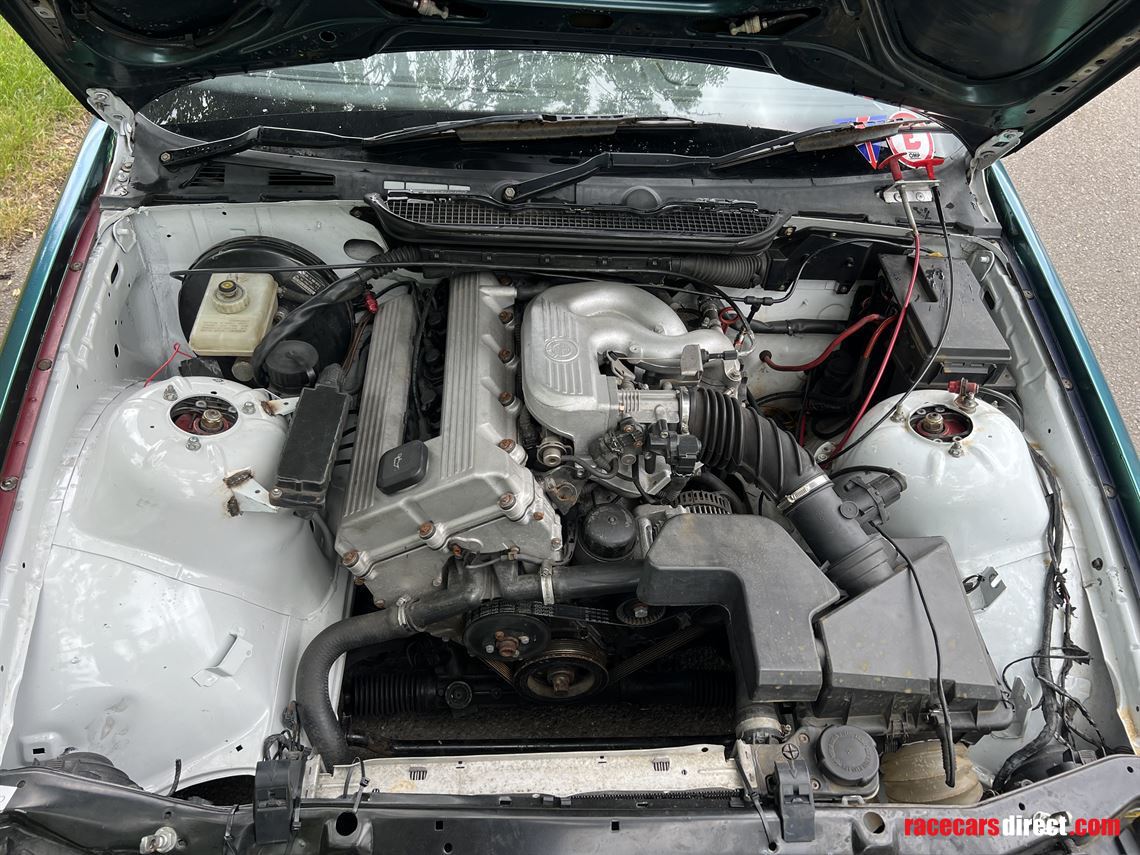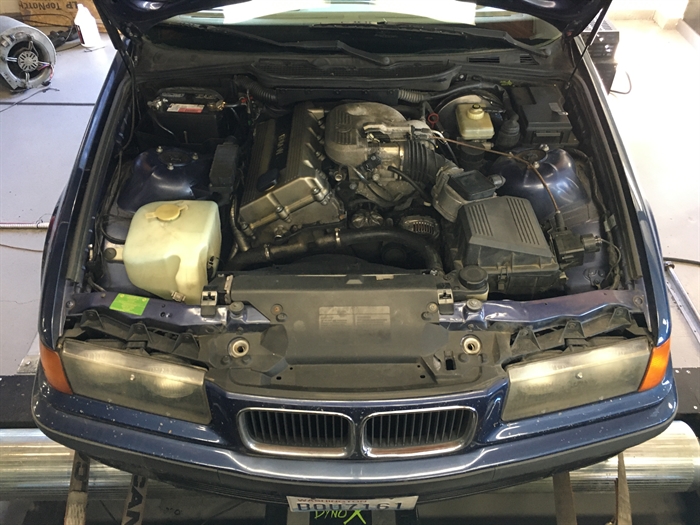BMW 318ti: A Comprehensive Overview to This Compact Powerhouse
BMW 318ti: A Comprehensive Overview to This Compact Powerhouse
Blog Article
Secret Attributes to Seek When Acquiring an Engine for Automotive Applications
When taking into consideration the acquisition of an engine for vehicle applications, several essential features call for mindful analysis to make sure ideal efficiency and performance. From power and efficiency capabilities to sustain toughness, adherence, and performance to exhausts standards, each facet plays a critical function in identifying the engine's viability for specific automotive requirements. In addition, cost-effectiveness stays an essential variable in the decision-making process, balancing quality with economic factors to consider. These functions jointly add to the general performance and reliability of the engine, influencing the driving experience and long-term satisfaction of the individual.
Power and Performance
When picking an automotive engine, purchasers focus on power and efficiency to guarantee optimal driving experience and effectiveness. A well-performing engine not only supplies power effectively yet also runs smoothly throughout different rate varieties and driving conditions.
In addition, factors such as engine variation, turbocharging, and hybrid technologies play substantial roles in boosting both power and performance levels. Inevitably, picking an engine that offers a powerful mix of power and efficiency makes sure a rewarding and efficient driving experience.
Fuel Performance
Enhancing fuel efficiency is a paramount factor to consider for customers when examining auto engine choices. Modern engines with features like direct gas injection, turbocharging, and variable valve timing can dramatically improve fuel performance by enhancing combustion procedures and decreasing power loss.

Toughness and Integrity
Accomplishing long-lasting performance and reliable procedure is vital for customers assessing the durability and integrity of vehicle engines. When considering an engine for vehicle applications, sturdiness refers to the engine's capability to withstand wear, tension, and extreme operating problems over an extended duration. Reliability, on the various other hand, implies that the engine can regularly do its desired function without unanticipated break downs or failings.
Customers must look for engines created with high-grade materials and accurate engineering to make sure durability. Parts such as bearings, crankshafts, and pistons need to be long lasting to take care of the engine's power output without early wear. Additionally, engines outfitted with sophisticated air conditioning systems, effective lubrication, and robust filtration mechanisms tend to exhibit higher levels of reliability.
Routine upkeep and adherence to supplier recommendations are also critical aspects in preserving an engine's toughness and integrity. By complying with upkeep timetables, utilizing suggested liquids, and resolving any issues without delay, customers can make the most of the life expectancy and performance of their automobile engines. Ultimately, prioritizing toughness and reliability in engine choice can cause a more enjoyable ownership experience with fewer unanticipated interruptions.
Emissions Conformity
Making sure conformity with discharges guidelines is an important facet of examining vehicle engines for environmentally aware consumers. With raising worries concerning air top quality and environmental effect, stringent emissions standards have been implemented worldwide to lower unsafe contaminants launched into the atmosphere. When buying an engine for vehicle applications, it is important to consider its emissions conformity to decrease the carbon footprint and adhere to legal demands.
Modern engines are geared up with sophisticated discharge control modern technologies such as catalytic converters, exhaust gas recirculation (EGR) systems, and careful catalytic reduction (SCR) to reduce damaging exhaust gases like nitrogen oxides (NOx), view carbon monoxide gas (CO), and hydrocarbons (HC) These systems play a vital function in ensuring that the engine meets the specified exhausts requirements and operates within permitted limits.

Cost-effectiveness
When considering vehicle engine acquisitions, assessing cost-effectiveness is extremely important for consumers looking for both efficiency and value. Cost-effectiveness in engine purchase includes greater than just the initial purchase rate. It encompasses the total expenses connected to upkeep, gas consumption, and potential repair services over the engine's life-span. Choosing an pop over to this site engine that uses an equilibrium in between lasting cost savings and ahead of time expenses can result in significant benefits for the customer.
Engines that are developed to make the most of gas economic climate can lead to significant cost savings over time, especially for people who drive frequently or over lengthy distances. bmw 318ti. In addition, taking into consideration the availability and cost of extra components and servicing can contribute to the overall cost-effectiveness of an engine.

Final Thought
Finally, when buying an engine for auto applications, it is vital to take into consideration essential functions more information such as power and efficiency, gas performance, integrity and sturdiness, exhausts compliance, and cost-effectiveness. These aspects are important in guaranteeing that the engine fulfills the demands of the car and operates efficiently in numerous driving conditions - bmw 318ti. Making a notified decision based on these standards will ultimately lead to a successful and reliable automobile engine acquisition
From power and performance abilities to sustain effectiveness, sturdiness, and adherence to emissions requirements, each facet plays a crucial duty in figuring out the engine's viability for details vehicle demands. Engines developed to run on alternate gas such as electric power, crossbreed systems, or biofuels can provide improved fuel economic climate and lower emissions compared to conventional fuel or diesel engines. Consumers ought to carefully consider the gas effectiveness rankings and innovations incorporated right into auto engines to make informed getting choices that align with their priorities for cost savings and sustainability.
When considering an engine for auto applications, sturdiness refers to the engine's capability to withstand wear, stress, and harsh operating problems over an extensive period.In conclusion, when buying an engine for automobile applications, it is critical to take into consideration key attributes such as power and efficiency, gas integrity, performance and toughness, emissions compliance, and cost-effectiveness.
Report this page